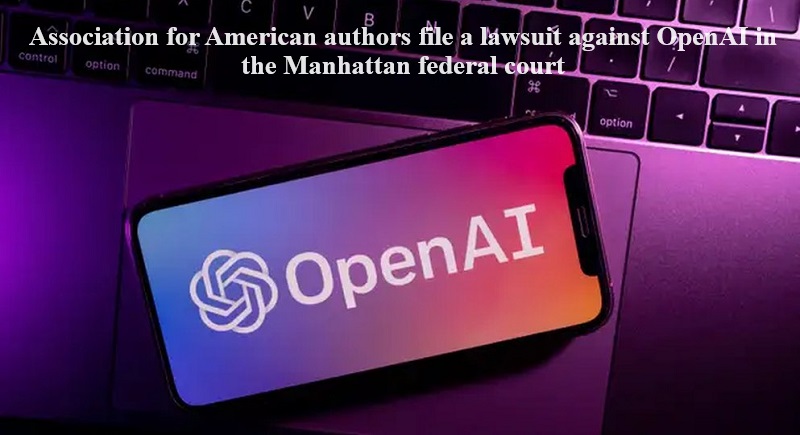
A trade association representing prominent authors, including John Grisham, Jonathan Franzen, George Saunders, Jodi Picoult, and George R.R. Martin, has initiated a lawsuit against OpenAI in the Manhattan federal court. The lawsuit alleges that OpenAI unlawfully utilized their literary works to train its well-known artificial intelligence-based chatbot, ChatGPT.
This proposed class-action lawsuit by the Authors Guild, filed late on Tuesday, joins several other legal actions by authors, open-source software owners, and visual artists against generative AI companies. Similar lawsuits related to the data used to train AI systems by Meta Platforms and Stability AI are currently ongoing, along with those against Microsoft-backed OpenAI.
OpenAI and other AI defendants argue that using training data downloaded from the internet aligns with the fair use provisions of American copyright law.
An OpenAI spokeswoman noted that the company respects authors’ rights and is “having productive conversations with many creators around the world, including the Authors Guild.”
According to a statement from the CEO of the Authors Guild released on Wednesday, authors must retain control over whether and how their works are utilized by generative AI to “preserve our literature.”
The Authors Guild’s lawsuit contends that text from the authors’ books, potentially obtained from unauthorized online “pirate” book repositories, was included in the datasets employed to train OpenAI’s large language model for human interactions.
The complaint further highlights that ChatGPT generated accurate book summaries when queried, providing evidence that its database incorporates the authors’ work.
Moreover, it expresses concerns about the growing possibility of authors being displaced by ChatGPT and similar systems that “generate low-quality ebooks, impersonate authors, and compete with human-authored books.”

Post Your Comments